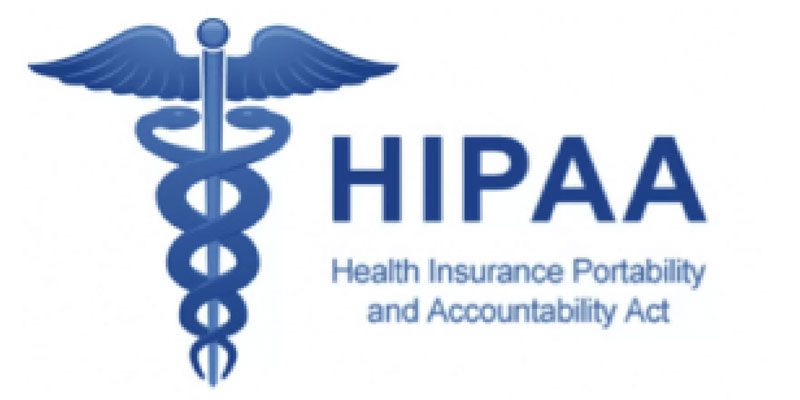by Medical Accounts Systems | Dec 5, 2018 | health insurance collections, Healthcare Revenue Cycle Management
The Health Insurance Portability and Accountability Act (HIPAA) was established in 1996 as a means of protecting the sensitive health information of patients when they switch jobs. It wasn’t until 2003 that the Department of Health and Human Services (HHS) introduced...

by Medical Accounts Systems | Nov 29, 2018 | Healthcare Revenue Cycle Management, medical payment systems
A Yale Cancer Center study reveals patient volume may be affected by hospital affiliations. In fact, more than eighty percent of individuals set to undergo cancer surgery would travel as much as an hour away to have the surgery performed at a top-ranked affiliated...

by Medical Accounts Systems | Nov 27, 2018 | Healthcare Revenue Cycle Management, medical revenue cycle
In most cases, healthcare organizations have a window of about ten days to prepare for a HIPAA audit. However, a “Phase 3” on-site audit means auditors can show up without prior warning or preparation time to see if all policies and practices are under compliance....
by Medical Accounts Systems | Nov 19, 2018 | Healthcare Revenue Cycle Management, medical debt collection
Changes may be afoot for HIPAA if the Department of Health and Human Services’ Office of Civil Rights (OCR) has its requests granted. The reform may go a long way towards transitioning from paper medical records to a greater adoption of electronic data sharing...
by Medical Accounts Systems | Nov 14, 2018 | Healthcare Revenue Cycle Management, hospital bad debt, medical revenue cycle
A recent Humana analysis shows that value-based reimbursement continues to demonstrate improvements when it comes to quality and focusing on costs. Last year, primary care practice (PCP) related medical costs in the insurer’s value-based reimbursement models for...

